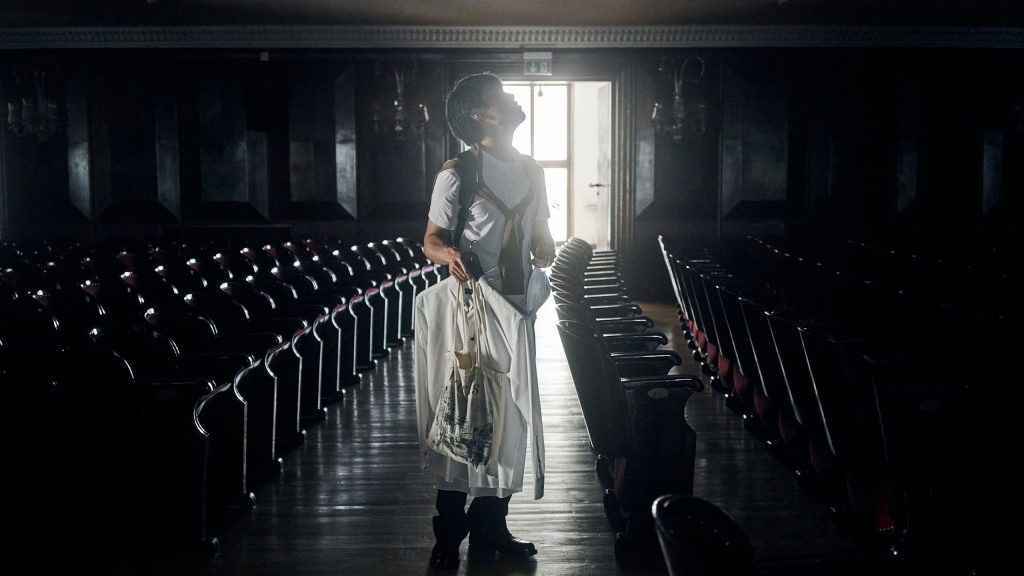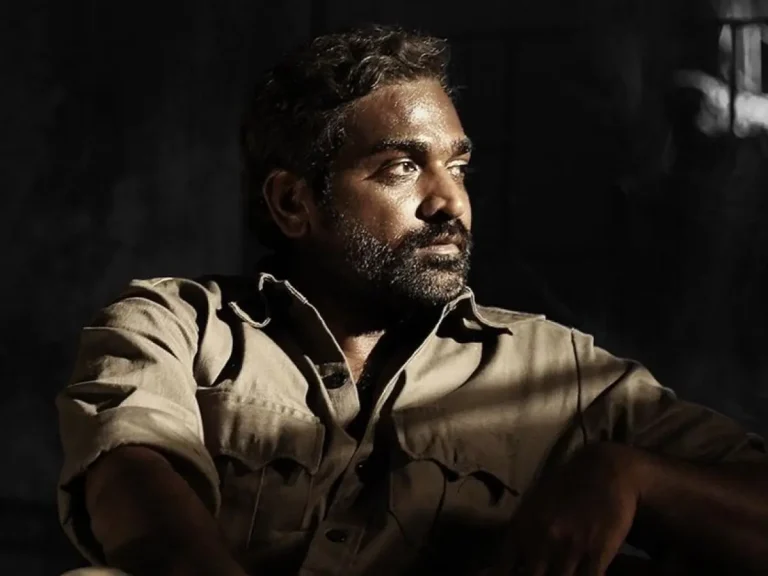Pianoforte (2023) ‘Sundance’ Review: “We have created something evil, and we must fight against it,” declares one participant in the International Chopin Piano Competition, one of the most prestigious events in the classical music world, held every five years, as he struggles with the pressure and the emotions that this highly intense journey subjects him to. “How can we compete in art? In music?”
Good question, how can something so subjective become the object of strict rules and measures that determine whether a pianist proceeds on or leaves the competition? This open question remains throughout the one-hour-and-a-half runtime of Pianoforte (2023) as we follow a large cast of characters/competitors in their journey toward the highly sought-after prize.
The International Chopin Piano Competition started almost a hundred years ago, precisely in 1927. It returned every five years to gather some of the best pianists in the world as they competed for a few weeks for a prize of forty thousand euros plus the prestige of the award, which would open many doors to its holder in the music world.
Jakub Piatek’s documentary puts us right in the middle of this fierce and competitive atmosphere as we follow a dozen young men and women in their journeys and, subsequently, their hopes and aspirations.
Pianoforte attempts to show us just how prestigious this competition is as soon as the film opens. He unveils the footage of its long history and all the legends that roamed its halls. A competition that hosted some of the biggest names in classical music history while holding the name of one of its most celebrated composers, all while giving birth to giants and virtuosos such as Krystian Zimerman, Mitsuko Ochida and Vladimir Ashkenazy, is certainly no laughing matter. While this is reflected in the film’s attempts to showcase its distinguished past, it shines brightest through the lives and psyches of its current competitors.
The film includes a large cast. They are all introduced in the first few minutes of its runtime, as they play in the initial stages of the competition, a beautiful montage of fingers playing fast, beautifully, and passionately on a grand piano, ten fingers after ten fingers as all the competitors take their turns playing ballads and concertos, while the film’s gaze is dead set only on their fingers and the beautiful music they’re producing.
What follows are segments dedicated to each specific character as we explore their distinctive personalities, pasts, their entourage, and their specific cultural backgrounds. A young man from Poland with a radiating and charismatic personality shows no signs of stress or pressure as he walks into the competition, head raised high, only concerned with how the cameras would make him look. A young Russian girl displays incredible skills yet is under equally incredible pressure from her instructor, her surroundings, and herself most importantly. Then there’s the young woman from Italy, who manages to find the perfect balance between enjoyment of the art she’s playing and the intense nature of competition, probably due to her background of musicians in the family.
Each character the film presents feels fresh and different, showing the beautiful parts of the competition, and how it can unite people from different backgrounds under the roof of the passion they all share.
Pianoforte is a documentary, but not in the usual sense. It takes a more narrative approach, which keeps the viewer interested and entertained even if they are not fans of the subject matter. While most documentaries utilize a technique that combines footage, voice-off, and interviews, Pianoforte feels more like a cinéma vérité rendition of its subject; with reality constantly blending with narrative storytelling, which manages to add glamour to a highly stressful situation. Its characters are built gradually throughout the documentary until each and every one of them feels relatable in their own special way.
This documentary could be seen as composed of two entities: its characters and the competition that brings them all together. The characters all become relatable through potent build-up that displays different aspects, such as their different personalities, backgrounds, and dreams, and the competition follows in a similar fashion.
In the beginning, it is seen as a highly prestigious event that very few in the world can ever relate to. Still, it gradually begins to feel like the pinnacle of one’s ambitions, whatever they may be, and not only specific to classical piano. This heightens the sense of immersion and investment in the story, as one can sense the competitive side of whatever passion one may have. It is an essential component of passion and life in general; we all go through it at some point, and Pianoforte captures it beautifully.
At the end of Pianoforte’s runtime, just as the 2021 edition of the International Chopin Piano Competition concludes, and a winner is announced that was given next to no screen time, the characters who didn’t make it, in the end, are the ones that feel strongest and most relatable as they come to terms with the results in their own separate ways. They came, they competed, they honored their passion, and that is what truly matters.



![The Wind [2019] Review: A Menacing Portrait of Isolation](https://79468c92.delivery.rocketcdn.me/wp-content/uploads/2019/07/the-wind-1-768x432.jpg)
![Land of Gold [2022] ‘Tribeca’ Review: A Brilliant, Bittersweet Addition To The Surrogate Parent-Child Road Trip Genre](https://79468c92.delivery.rocketcdn.me/wp-content/uploads/2022/06/Land-of-Gold-2022-Tribeca-768x433.png)


![Blinded by the Light Netflix [2019] Review: A Run-of-the-mill Drama about Finding Oneself](https://79468c92.delivery.rocketcdn.me/wp-content/uploads/2019/09/maxresdefault-10-768x432.jpg)